March 11, 2025 | 14:35 GMT +7
March 11, 2025 | 14:35 GMT +7
Hotline: 0913.378.918
March 11, 2025 | 14:35 GMT +7
Hotline: 0913.378.918
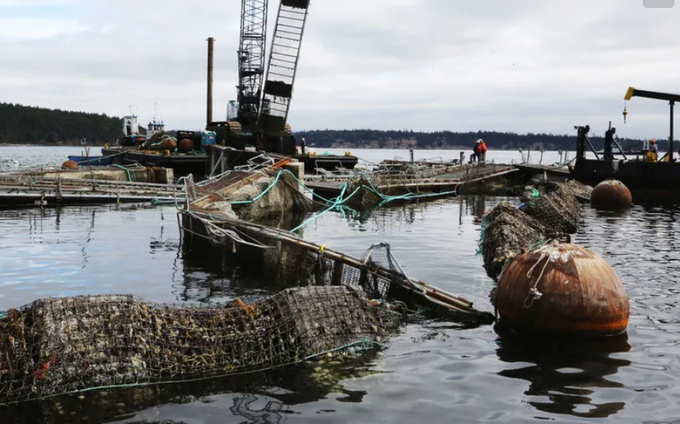
A Cooke Aquaculture net pen collapsed off Cypress Island in 2017. Photo: Alan Berner/The Seattle Times.
The state Board of Natural Resources on Tuesday adopted a rule banning the industry.
The ban is a victory for outgoing Commissioner of Public Lands Hilary Franz, who told the board that the top duty for the Department of Natural Resources in leasing its aquatic lands is to protect them for future generations.
“There is no debate that there are impacts” from net-pen aquaculture, Franz said. “Avoiding impacts is our legal and moral responsibility. … I ask why did we ever allow this. … I am asking the board to learn from the past and the effects of our decision.”
She was reminded also, she said, that “In the last two weeks (endangered southern resident orca) Tahlequah has lost another baby calf. It is a reminder of how fragile life is and how difficult it is to reverse decline.”
The vote passed with two board members, Chris Reykdal and Wendy Powers-Schilling, abstaining. Several board members said even though they voted for the ban that additional work should continue to examine whether to facilitate fish farming in the future, on land or in Puget Sound.
In a public hearing before the vote, supporters urged the board to ban the pens to support salmon and orcas that depend on them — and protect hundreds of millions of dollars in public investment in species recovery.
“Our salmon have enough challenges and don’t need marine feed lots,” said Jeremy Wilbur, chair of the Swinomish Tribe.
“There are people OK with looking past the risk because there is a short-term profit to be made,” said Emma Helverson, executive director of the Wild Fish Conservancy, which delivered more than 3,000 signatures in favor of the ban as well as statements of support from more than 180 organizations.
More than 80% of the public comments received by DNR before the hearing also supported the ban, according to DNR.
But opponents said rural communities need the jobs, and the world’s growing population needs the food.
The Jamestown S’Klallam Tribe supported net-pen farming as an important economic opportunity because fishing has become so diminished as an industry. Maria Smithson, representing Salish Fish, the tribe’s joint venture with Cooke Aquaculture, said consideration of the rule was rushed and should be delayed.
Jeanne McKnight, a representative for the Northwest Aquaculture Alliance, agreed. “Forever is a long time,” she said.
Net-pen fish farming has been underway in Washington for nearly four decades. The industry burst into public attention with a spectacular net-pen collapse in 2017 at Cypress Island, dumping more than 250,000 Atlantic salmon into north Puget Sound.
An investigation by state agencies found the collapse was due to negligence by Cooke Aquaculture, owner of the pens, which had not been properly cleaned and burst under the forces of drag. The Legislature in 2018 banned commercial net-pen farming of exotic species. Cooke pivoted with a joint venture with the Jamestown S’Klallam Tribe to raise black cod and steelhead in net pens. DNR denied leases for the pens.
In enacting the all-out ban on commercial net-pen farming on state aquatic lands, Washington is actually not leading, Franz pointed out, but following, by bringing Washington’s policy in line with other regions.
California and Alaska already ban commercial net-pen aquaculture. Oregon has no commercial net-pen farms. British Columbia is phasing in a ban by 2029.
The industry has been at a standstill in Washington, with all net pens out of the water. Yet damage from the farms persists, including scarring of the seafloor by dragging anchors and marine trash, DNR managers testified. It will take additional work by the state to finish cleaning up after the farms.
Commercial net-pen farming may still proceed on other water bodies not leased by the state. The ban also does not affect raising native fish for release to the water or raising fish for tribal subsistence and ceremonial use.
seattletimes
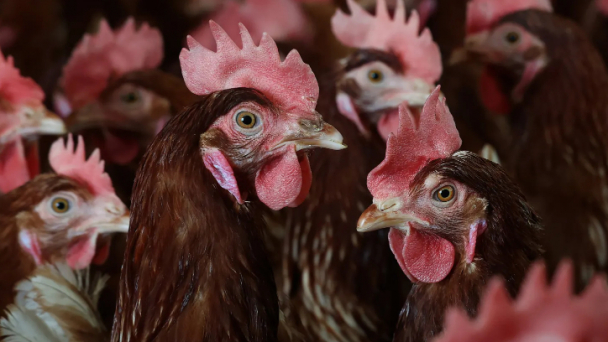
(VAN) Shoppers used to picking up the cheapest eggs at the grocery store may now be reaching for higher-end cartons.
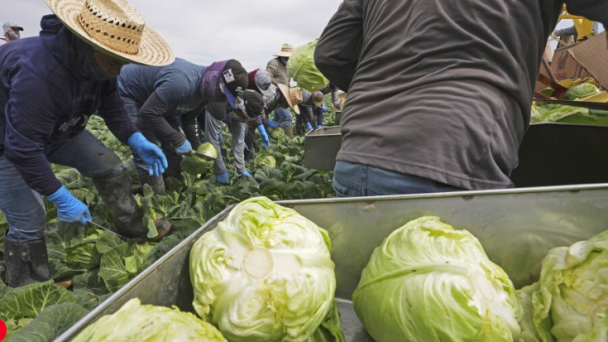
(VAN) Corn and soybean prices for this year’s harvest already fell roughly 10% since the tariffs were first announced a couple of weeks ago.
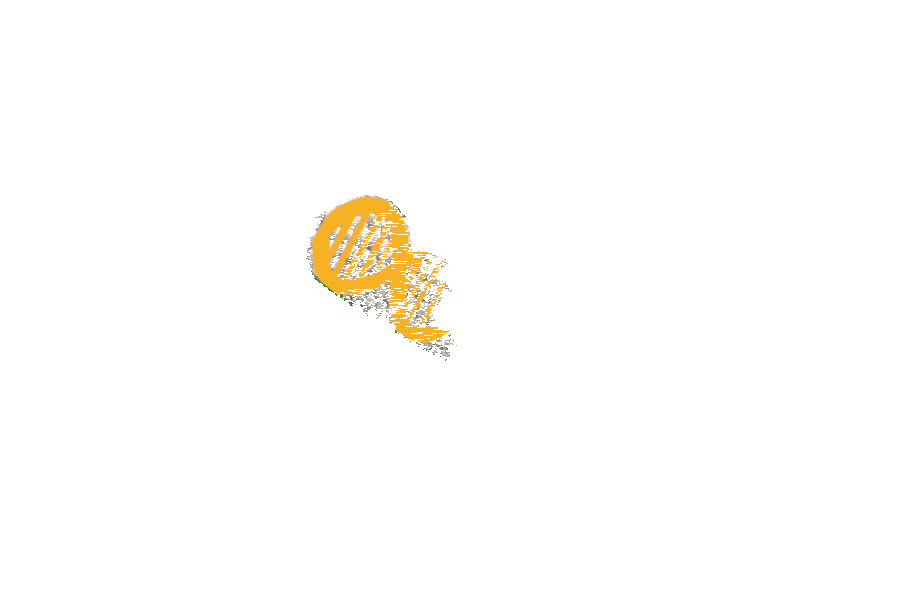
(VAN) There’s nothing inherently unsafe about genetically modified foods. It’s the potential herbicide exposure that should give you pause.
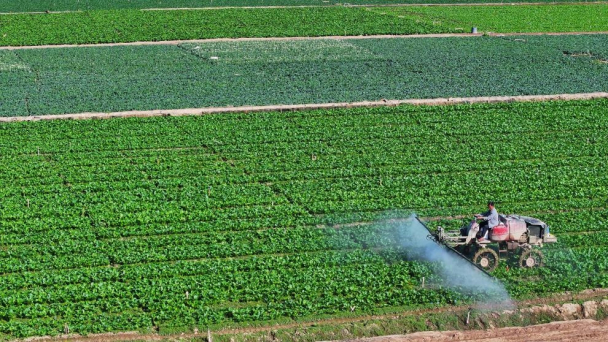
(VAN) China will focus on increasing per-unit yields of grain by expanding projects aimed at improving these yields and intensifying the promotion of high-yield and efficient production models.
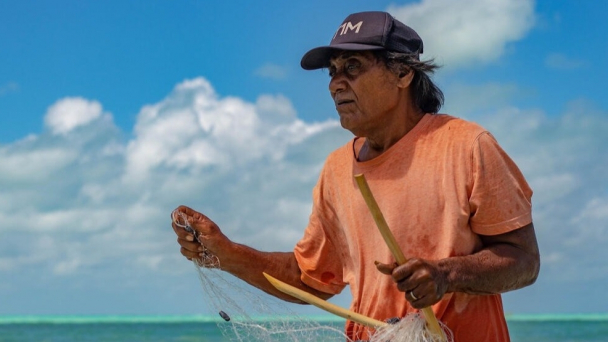
(VAN) Results from Pacific fishing areas are presented at Honiara Summit in Solomon Islands.
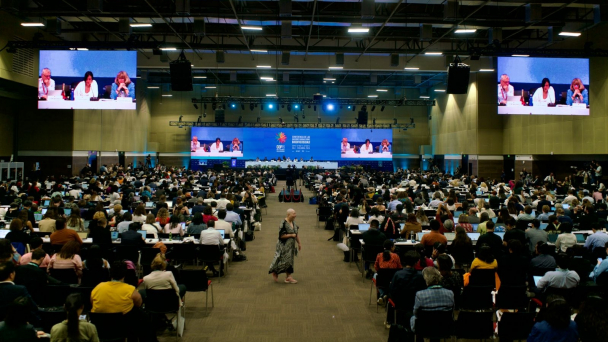
(VAN) Interview with Kaveh Zahedi, Director of the FAO Office of Climate, Biodiversity and Environment.
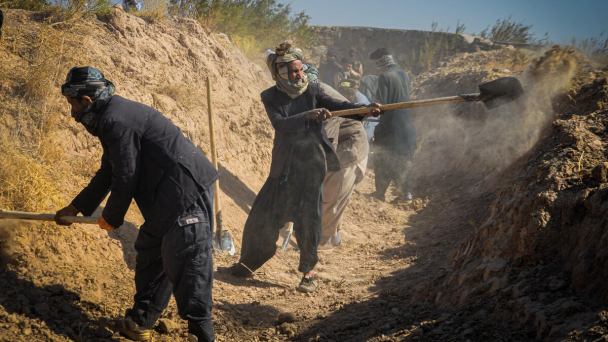
(VAN) The funding will support 14 critical projects across Africa, Asia, Europe, and the Middle East.